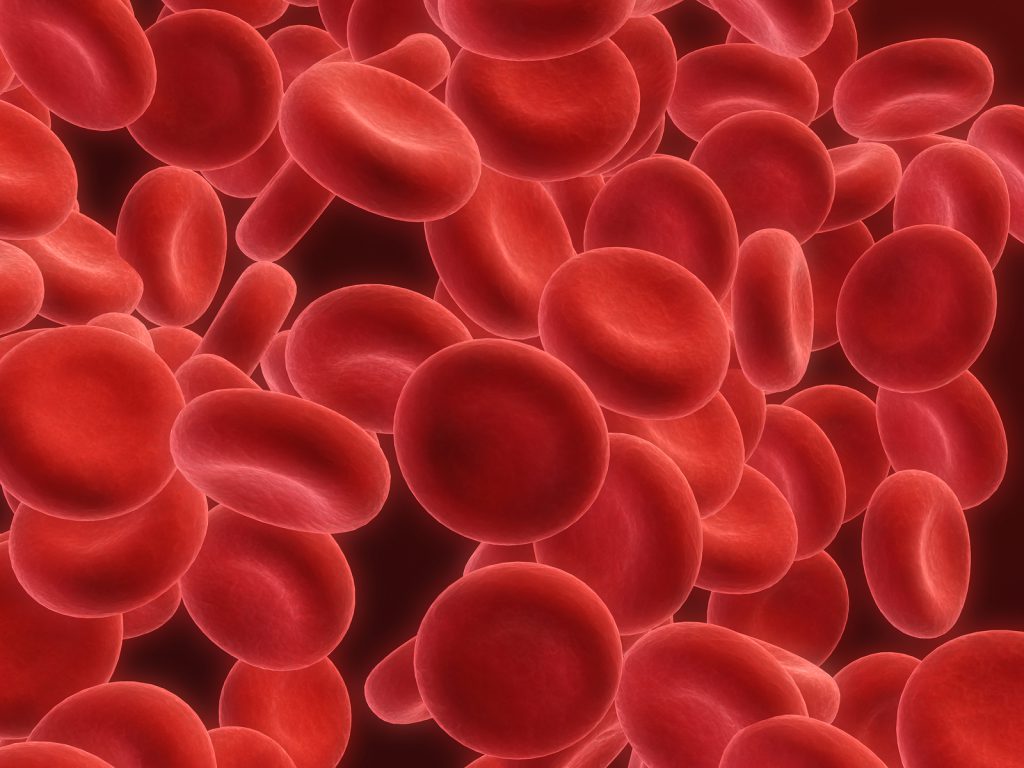How to Qualify for Disability Benefits with Leukemia in Pennsylvania
Leukemia is a blood cancer which can cause debilitating effects like fatigue, major weight loss, chronic bone pain, uncomfortable swelling, and recurring nosebleeds. Chemotherapy treatments for leukemia can also result in health problems, including nausea, weakness, frequent infections, and the development of sores. These sorts of serious medical issues can make working completely impossible, but you may be eligible for monthly disability benefits called SSI (Supplemental Security Income) or SSDI (Social Security Disability Benefits). Our Pennsylvania social security disability attorneys explain how you can qualify for monthly benefits with leukemia.
Do You Meet the Eligibility Requirements for SSI or SSDI?
Before we go over the eligibility requirements specific to leukemia, let’s look at the general eligibility requirements which apply to all disability claimants. Some of these requirements are medical, while others relate to how much money you earn.
First, you need to be disabled. That may sound redundant — after all, they’re called disability benefits — but the SSA has strict definitions for what counts as “severe.” If you can suppress and manage your condition by taking medication, going to physical therapy, or using other treatments, your condition will not be considered genuinely disabling.
This relates to the next requirement: the income limits. In addition to looking at your medical history, the SSA gauges whether you are disabled based on how much money you earn. Your earnings are an indicator of your SGA, or “Substantial Gainful Activity,” i.e. employment.
If you can work enough to earn over $1,090 per month (for SSDI claimants) or more than $733 per month (for SSI claimants), you will not be considered disabled. However, the SSA doesn’t count all of your earnings when you apply for SSI, so you could be making more than $733 per month and still qualify.
Finally, your disability must be long-term in addition to being severe. That means it must have already lasted for at least one year, be expected to last for at least one year, or be expected to end in death.
If you have an advanced terminal illness, you might qualify to have your application expedited through the SSA’s Compassionate Allowances program. An experienced disability Philadelphia disability lawyer can walk you through your filing options.

How the SSA Evaluates Leukemia Disability Claims
When making disability determinations, SSA medical examiners refer to a document called the Listing of Impairments, nicknamed “the Blue Book.” The Listing of Impairments is a large catalog of disabling medical conditions divided by illness type and system of the body, with different severity standards outlined for each. If your illness meets the standards in the Blue Book, you could be a strong candidate for SSDI or SSI.
Because it is a type of cancer, leukemia is featured in the Listing under Section 13.00 (Malignant Neoplastic Diseases). Section 13.06 outlines the specific eligibility requirements for leukemia disability claimants. All types of leukemia will considered, including acute leukemia, chronic myelogenous leukemia (CML), and chronic lymphocytic leukemia.
- Acute Leukemia — The SSA examines your bone marrow, chromosomes, and abnormal cells. The presence of recurring acute leukemia must be proven by either bone marrow, blood, or cerebrospinal fluid. A testicular biopsy is also acceptable for male claimants. Your doctor should supply initial and follow-up pathology reports.
- CML — The SSA will want documented evidence of granulocytosis (i.e. an increased number of white blood cells). If you and your doctor can’t provide an analysis of your chromosomes, called a chromosomal analysis, the SSA may accept other diagnosis methods as long as they are considered accepted practice within the medical field.
- CLL — There must be evidence of a chronic lymphocytosis, or high lymphocyte count, which is “at least 10,000/mm 3 for 3 months or longer.” Lymphocytes are a special type of white blood cell. As with CML, your doctor can submit other diagnosis methods provided they are standard practice.
Under Section 13.06, leukemia will generally be considered a disability for:
- At least two years following diagnosis.
- At least one year after a stem cell or bone marrow transplant.
If your symptoms don’t precisely match the standards in the Listing, don’t worry: you could still qualify based on a medical vocational allowance.
If you’re ready to file for disability benefits in New Jersey or Pennsylvania, or if you want to appeal an SSA denial, the disability lawyers of Young, Marr, Mallis & Associates can help. To start discussing your options in a free and private legal consultation, call our law offices at (609) 755-3115 in New Jersey or (215) 701-6519 in Pennsylvania today.































